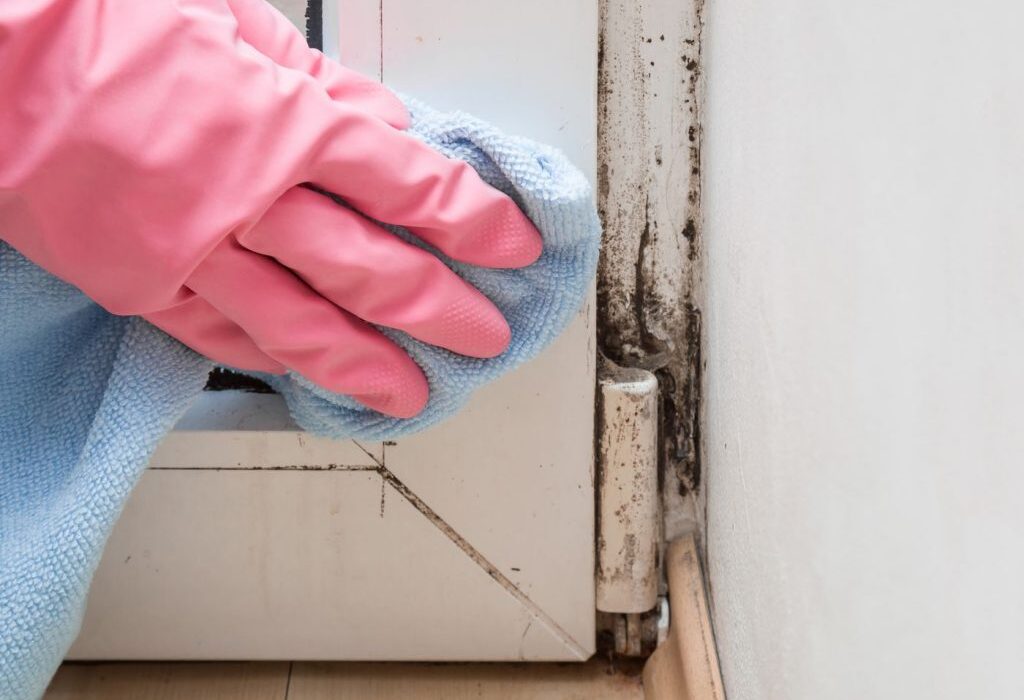Having a house that is in disrepair can be a big problem and you need to know how to claim compensation. The good news is that you can make a claim and get the money that you are owed. You will need to follow a few simple steps to do this.
Step one
Whether you’re living in a rented house or a house that you own, you may have experienced housing disrepair. If so, you may be eligible to make a compensation claim. You may also hire the best housing disrepair solicitors manchester for your claim. we will discuss the basics of making a claim.
The first step is to make a complaint about the disrepair. This can be done online or through a letter or email. The landlord has a 20 working day period to respond. If you do not receive a response within the timeframe, you can file a claim in court.
The amount of compensation you can get depends on the severity of the disrepair. You can also claim for the inconvenience caused by the disrepair. You can claim if you cannot sleep in your home or if you cannot use the property normally. You can also claim for abatement of rent. Depending on the extent of the disrepair, your landlord may be liable to abate 100% of your rent.
You can also make a claim if you have suffered injury from the disrepair. You may have to provide medical evidence or a surveyor’s report. Legal aid may cover the cost of these reports.
If you are unsure of your rights, you can seek advice from a lawyer. They will be able to advise you about your case and give you an indication of how long it will take to reach a settlement.
Step two
Whether you are a renter or not, if your landlord fails to make repairs or fix disrepair in your property, you can file a compensation claim. In order to do this, you will need to follow a few steps. You will first need to write a notice to your landlord detailing the repairs you need to be done. If your landlord is not responsive to this, you can then go to court.
Alternatively, you can take your case to the local authority. These will usually keep records of the complaints they receive. If you are able to demonstrate that the landlord has failed to carry out the required repairs within a reasonable time, you can ask the council to take legal action against the landlord.
If you are unable to sleep in your home because of the disrepair, you can also make a claim for the inconvenience it has caused you. You can also claim for any financial losses you have suffered as a result of the disrepair.
If you are in the process of deciding whether to make a claim, you should gather as much evidence as you can to support your claims. Keep copies of any correspondence you have with your landlord and take photographs of any items that have been damaged. If you have replaced any items that have been damaged, you should keep receipts for these. Also, Read how to claim compensation for damp and mould.
Step three
Whether you live in rented accommodation or your own home, you can claim compensation for housing disrepair. However, there are a few different steps you need to take to ensure you have been compensated appropriately.
Firstly, you need to prove that the disrepair has a negative effect on you. For example, you might have a medical condition such as asthma or a respiratory illness that has been worsened by damp conditions in your home.
In addition, you need to provide evidence to support your claim. For instance, you might need a surveyor’s report or photographs of the defects. You should also keep all receipts for any damage or replacements you’ve made.
Once you have the necessary documentation, you can begin legal proceedings. You can start with a letter stating your complaint. The process will depend on how complex your case is and how long it takes to resolve the issue.
If your property is in poor condition, you might be entitled to a partial rebate of your rent. You can also claim for the inconvenience you’ve been subjected to as a result of the disrepair. You might also be entitled to compensation for delays in repairing the problem.
If your home is in disrepair, it’s important that you do something about it as soon as possible. You need to notify your landlord about the disrepair. You can do this by writing a notice, serving an eviction notice, or even emailing your landlord.
How to Find Housing Disrepair Solicitors Near Me
In the event that your house or flat has suffered from disrepair, you may be able to claim compensation. The amount of compensation you can receive depends on the severity and duration of the disrepair. You can also claim for financial losses, such as repairs for dangerous fixtures. If your home is deemed uninhabitable, you may be able to claim up to 100% of your rent.
Most housing disrepair claims are the result of the gradual deterioration of a property. Unfortunately, material damage rectification costs are not covered by most property insurance policies. However, if you have lived in your house for longer than a few years, you may have grounds for a housing disrepair claim against your landlord. Though Housing Associations are generally the ones to handle disrepair claims, it may be necessary to seek the advice of a legal firm.
If you live in a house or flat that is in poor condition, it’s important to let your landlord know as soon as possible. This way, they can fix the problems as quickly as possible. Depending on the severity of the problem, you may be able to claim for a small amount, while more complex claims could take longer.
You should always keep a record of any correspondence you have with your landlord. Write down the names of people you have spoken with and the date. Also, make sure you have a copy of any correspondence or social media messages. You should also be sure to follow the landlord’s complaints procedure, which may include a time limit for responding. You can also contact a specialist housing solicitor firm, which will be able to escalate your complaint to the local housing authority or Housing Ombudsman.

